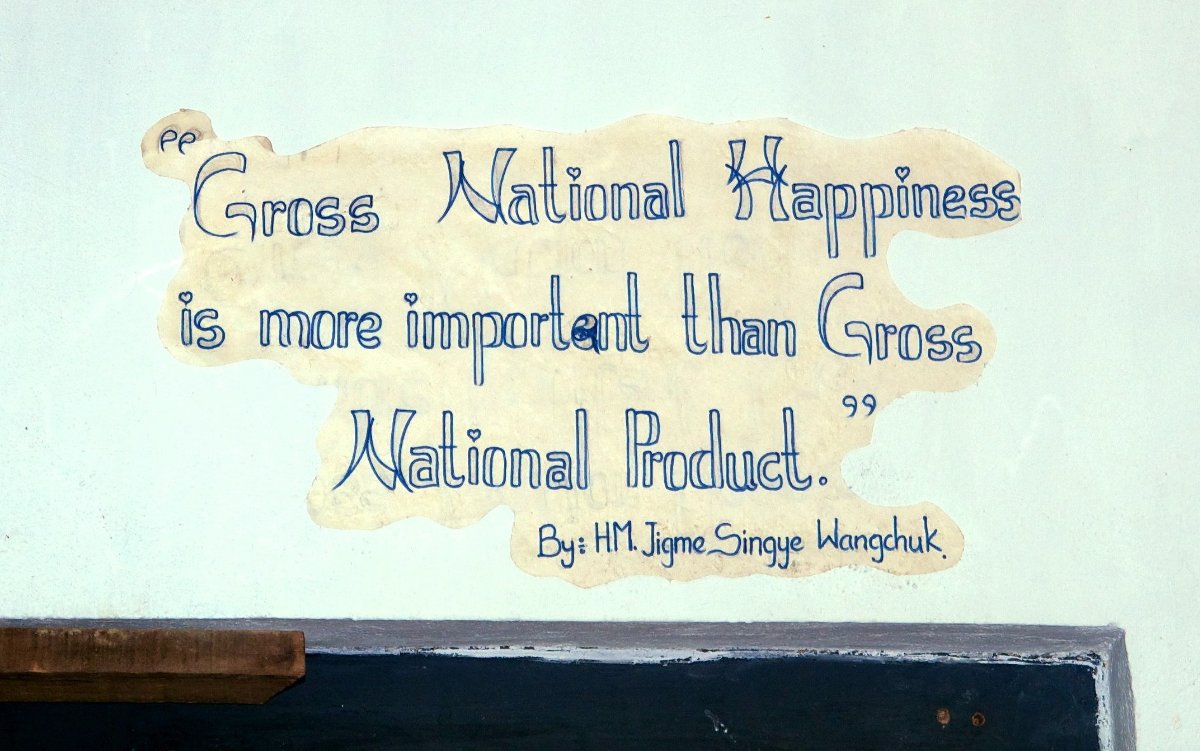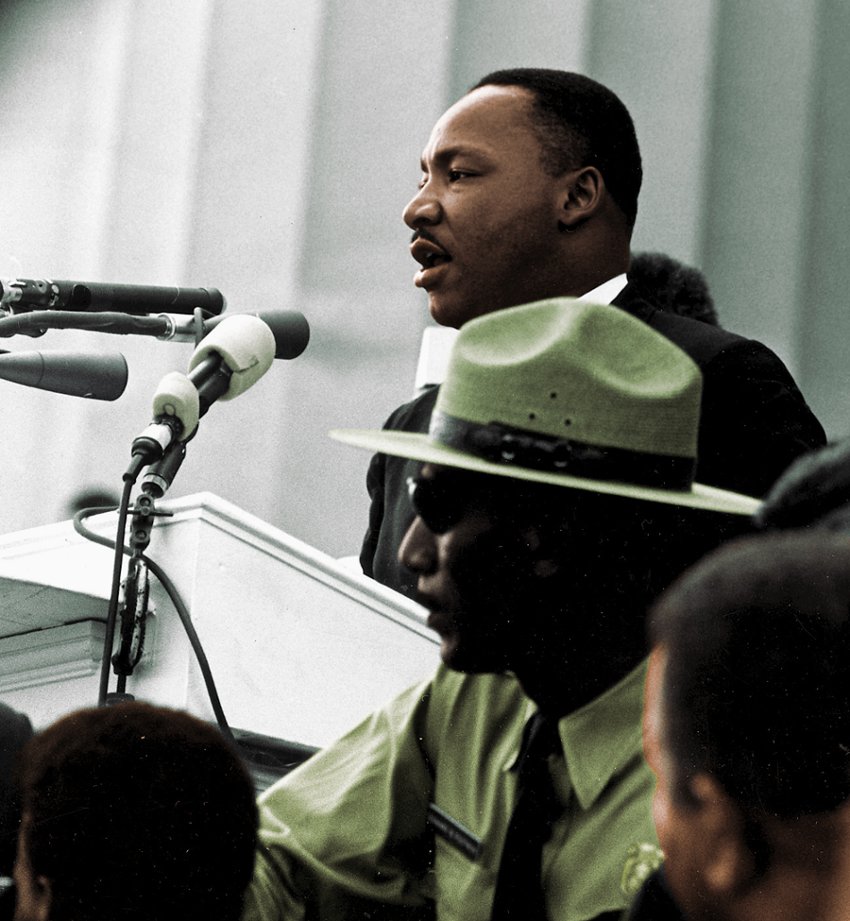Man is spirit.
—Winston Churchill
I must admit, my spirits are a little low these days. I was expecting to celebrate the first female President of the United States, and now I’m dreading the next four years of tweets and twisted logic. Instead of wallowing in my misery, however, I decided to explore new ways to raise my individual spirit and our collective spirit in America.
When I searched the internet for relevant topics, I found the book The American Spirit: Celebrating the Virtues and Values that Make Us Great. When I saw “Make us Great” in the sub-title, my suspicions should have made me run for the hills. Instead, I ordered the book and researched the authors. As it turns out, the lead author, Edwin Feulner, was the President of the Heritage Foundation, a conservative think tank, from 1997 to 2012. He later joined Trump’s transition team.
Now we know where “Make America Great Again” came from.
In spite of my highly aroused biases, I read through the book. In fairness, many of the chapter headings were consistent with my views of what is necessary for a vital and vibrant American Spirit: Freedom, Optimism, Honesty, Open-Mindedness, Idealism, Generosity, Education, and Courage. The problem, of course, is that I’m not seeing much evidence of those values being exemplified or embodied in the people, policies, and practices of the Trump administration.

Searching for another source of input, I looked into Bhutan’s commitment to Gross National Happiness (GNH). GNH is a way to measure the collective happiness in a nation.
The term was coined in 1972 and represents a commitment to building an economy that serves Bhutan’s culture – based on Buddhist spiritual values. Instead of using western material values gauged by Gross Domestic Product (GDP), the GNH measures progress on values such as kindness and equality. The four pillars of GNH philosophy are: sustainable development, preservation and promotion of cultural values, conservation of the natural environment, and establishment of good governance. The US could learn from their example.
Digging a little deeper, I reviewed Bhutan’s Survey for measuring GNH. Not surprisingly, it contains questions related to: education, employment, optimism, health, relationship, balance, social support, sleep, meditation, connection to nature, safety, trust, compassion, generosity, forgiveness, harmony, honesty, engagement, freedom, and access. Those values resonated with me as appropriate measures of what I’m calling Gross Domestic Spirit (GDS).
Still not satisfied, I researched what businesses are doing to increase the happiness of their employees. I learned that there is actually a consulting firm called Delivering Happiness. The CEO, Jenn Lim, devotes her time to measuring the contentment of clients and improving working conditions. Her firm takes a snapshot of all employees and assesses their happiness levels in an effort to determine how motivated, engaged, empowered, connected, and aligned with the company’s values they are. Some large companies such as Google, Zappos, and WooHoo actually have Chief Happiness Officers (CHO) on their executive teams. The purpose of a CHO is to increase the number of happy workers so that they will produce more and stay longer. The work can range from listening to employees’ day-to-day feelings to providing company benefits, such as meals, massages, game nights, or group outings.
It occurred to me, however, that happiness is different than spirit.
Happiness is defined as a mental or emotional state of well-being manifested by positive feelings ranging from contentment to intense joy. Happiness is a pleasurable experience.
Spirit, on the other hand, has multiple definitions: an energy present in all living things which can develop and grow; that which separates a living body from an automaton through its intelligence and consciousness; an ultimate, unified, non-dual awareness and life force; and the essence that manifests itself. Thus, spirit seems more substantive and more amenable to development than happiness. As such, spirit is a force we need to grow and measure if we are going to thrive and prosper as a society. Deep spirit is a powerful experience.
In my mind, we need to measure not only our GDP, but also our GDS – what gives us pleasure and what gives us power. Thanks to Obama, we are doing well on the first measure; thanks to Trump, we are suffering mightily on the second measure. Here are the facts.
In 2016, our Gross Domestic Product (GDP) exceeded 18 Trillion Dollars – a record high.
GDP is defined as all output produced within a country’s borders. In addition to a strong GDP, our deficit was reduced from greater than $1 Trillion per year to less than $500 million per year over the last eight years. During the same time, unemployment fell from more than 10% to less than 5% and inflation remained low. Given these economic success indicators, one would think that spirits would be soaring in America these days. Clearly, they are not. American is in a state of polarized malaise and negativity.
A good friend of mine suggested that Trump represents perfectly our Gross Domestic Product. He is the gross product of an ugly domestic culture.
So, what can we do to contribute to raising our GDS score as well as our GDP? Perhaps, more realistically, what can we do to elevate our own spirits and strengthen our feelings of being powerful?
It seems to me that finding a meaning and purpose in life and living each day in a way that is consistent with our values and beliefs is all we can do. If we strive for a state of harmony in ourselves while working to balance our inner needs with the rest of the world, then we should experience an elevation of our own spirits and contribute to a rising Gross Domestic Spirit.

The challenge is to close the gap between professed beliefs and problematic actions.
Dr. Martin Luther King, Jr. was a terrific role model for closing those gaps. In 1954, the Supreme Court ruled on Brown vs. Board of Education in favor of equality in education and against segregation. Dr. King played a key role in making that ruling a reality. He fought for justice and equal opportunity with courage and, ultimately, with his life. As a result, segregation decreased from 1954 through 1988. Sadly, segregation has been increasing since 1988. It’s no wonder that Black Lives Matter has become such a vital vehicle for raising spirits and for honoring the energy and compassion of Martin Luther King.
On a personal level, I constantly struggle with closing the gap between my “higher self” and my “lower self.” When my higher self is dominant, I’m more accepting, forgiving, compassionate, and grateful. When my lower self is dominant, I give in to greed, desires, and negative emotions. My spirits are always higher when my higher self is in charge.
What struck me when I conducted the research for this post is that the professed values (e.g. freedom, generosity, honesty, and open-mindedness) all sound terrific, but the proposed actions in the name of those values often contaminate the spirit of the values as I understand them.
This convoluted thinking becomes evident when we hear proposals for gun rights in the name of freedom, or tax cuts for the rich under the name of generosity. Words on the wall, or Supreme Court decisions for that matter, are easy to write. Actions to implement and sustain them pose real challenges.
For me, increasing our Gross Domestic Spirit is as important as growing our GDP. In fact, I believe you can’t do one without the other. A depressed economy saps our spirit. A depressed spirit undermines our economy.
We have very clear measures for GDP, but our measures for GDS are fuzzy at best. We not only need to articulate clearly what values are most important to us, we also need to define them, operationalize them, and apply them locally. That means translating the values into specific norms and behaviors that let us measure progress. And it means persevering in the on-going fight for basic human rights.
To paraphrase Winston Churchill, “We are spirit.” Last weekend, I decided to participate in the Women’s March (January 21, 2017). Participating with millions of people around the globe in a movement dedicated to inclusion, fairness, and justice was the perfect way to lift my spirits and deepen my commitment to change. It was thrilling to be part of a peaceful protest. I’m hoping the momentum generated in response to Trump’s presidency will continue to grow, and our vigilance on actions that violate our core values will steadily sharpen. Sustaining momentum is more important than marching with millions.
Also published on Medium.




Well done Ricky! Thanks for being you! RonnyDonny